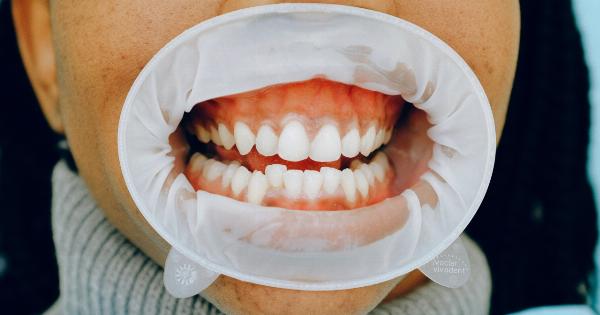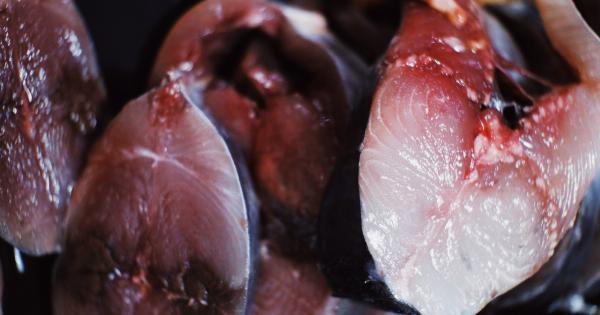Having a metallic taste in your mouth can be an unpleasant and frustrating experience. It can disrupt your sense of taste, making foods and drinks taste different or downright unpleasant. This condition is known as dysgeusia.
Although it is usually temporary, the metallic taste in your mouth can be a sign of an underlying health issue. Let’s explore 8 possible reasons why you may have a metallic taste in your mouth.
1. Medications
One of the most common causes of a metallic taste in the mouth is the use of certain medications. Many drugs, such as antibiotics, cardiovascular medications, antihistamines, and even over-the-counter supplements, can cause this side effect.
If you recently started a new medication and noticed a metallic taste, it’s advisable to consult your doctor or pharmacist to explore alternative options.
2. Poor Oral Hygiene
Another potential reason for a metallic taste in your mouth is poor oral hygiene. Not brushing and flossing regularly can lead to a buildup of bacteria in your mouth, causing an unpleasant taste.
Gingivitis and other oral infections may also contribute to this metallic sensation. Maintaining proper oral hygiene practices, including brushing twice a day and visiting your dentist regularly, can help alleviate this issue.
3. Sinus Infections
When you have a sinus infection, the sinuses become inflamed and swollen, leading to a blockage and mucus buildup. This can create a post-nasal drip, which can reach your throat and leave a metallic taste in your mouth.
Treating the underlying sinus infection through appropriate medication and nasal rinses can help eliminate the metallic taste.
4. Pregnancy
Pregnancy brings about numerous hormonal changes in the body, which can affect a woman’s sense of taste.
Some pregnant women may experience a metallic taste in their mouth, often referred to as “pregnancy gingivitis.” This condition is temporary and typically resolves after childbirth. However, if the metallic taste persists or is accompanied by other symptoms, it’s important to consult a healthcare professional.
5. Acid Reflux
Acid reflux occurs when stomach acid flows back into the esophagus. In some cases, this acid may reach the mouth, causing a sour or metallic taste. Gastroesophageal reflux disease (GERD) is a chronic form of acid reflux that can exacerbate this symptom.
Managing GERD through lifestyle changes, such as maintaining a healthy weight, avoiding trigger foods, and elevating the head during sleep, can help alleviate the metallic taste.
6. Nutrient Deficiencies
Inadequate intake or absorption of certain nutrients can lead to a metallic taste in the mouth. Deficiencies in zinc, vitamin B12, and copper are commonly associated with this symptom.
If you suspect a nutrient deficiency, it’s important to speak with a healthcare professional who can conduct tests and recommend appropriate supplements or dietary changes.
7. Dry Mouth
Also known as xerostomia, dry mouth occurs when the salivary glands don’t produce enough saliva, leading to a dry and sticky sensation in the mouth.
Dry mouth can be caused by several factors, including medications, certain medical conditions, and mouth breathing. This lack of saliva can alter your sense of taste, resulting in a metallic flavor. Staying hydrated, avoiding tobacco and alcohol, and using saliva substitutes can help manage dry mouth and reduce the metallic taste.
8. Neurological Conditions
Some neurological conditions, such as multiple sclerosis or Bell’s palsy, can affect the sense of taste and result in a metallic or bitter taste in the mouth.
These conditions may disrupt the normal functioning of the nerves responsible for taste perception. If you suspect a neurological condition may be causing your metallic taste, it’s important to consult a healthcare professional for proper evaluation and management.
Having a metallic taste in your mouth can be bothersome, but in most cases, it is temporary and harmless.
However, if the metallic taste persists for an extended period, is accompanied by other concerning symptoms, or significantly affects your quality of life, it is important to seek medical advice. A healthcare professional will be able to assess your individual situation and provide appropriate guidance.

























